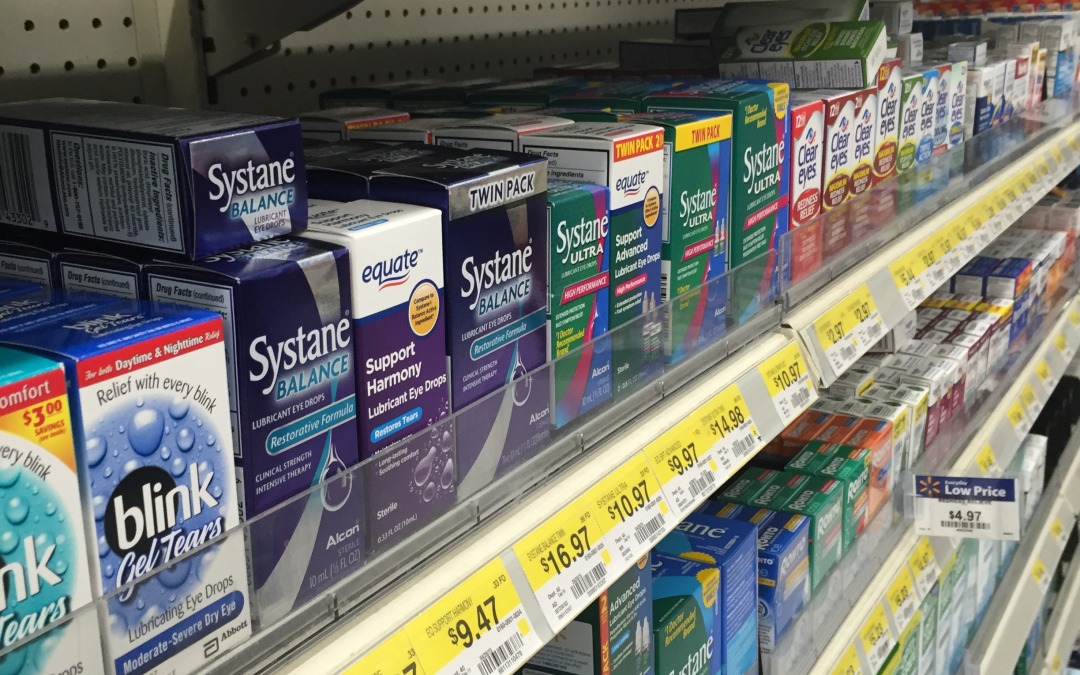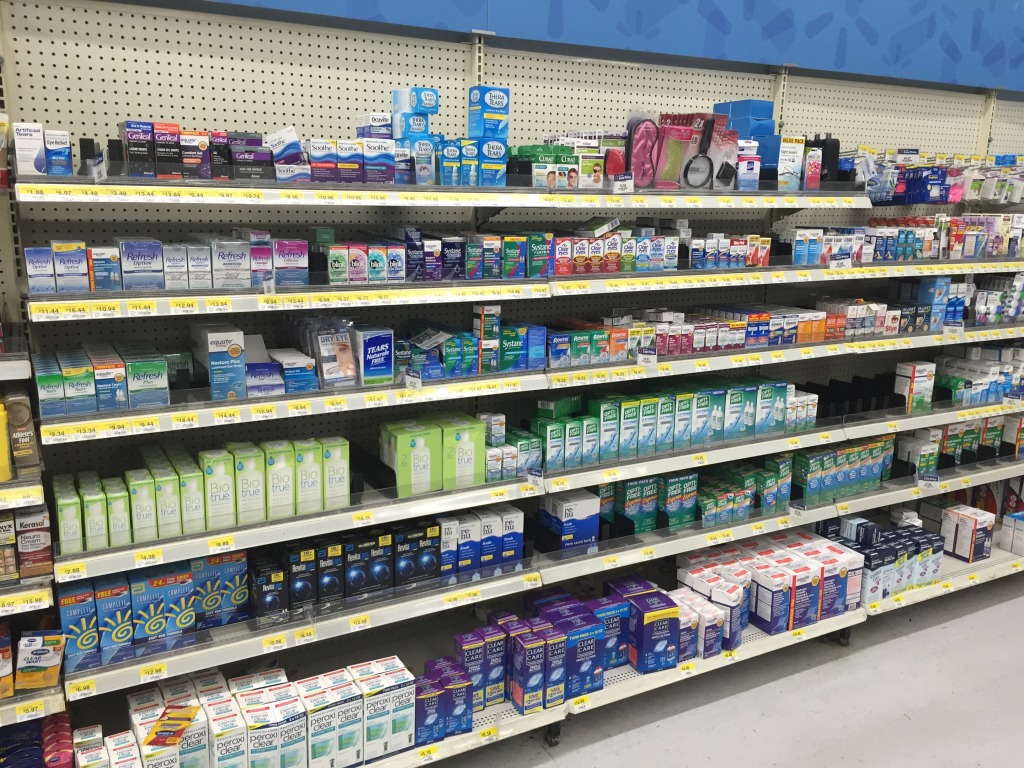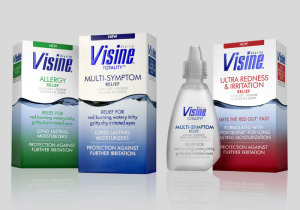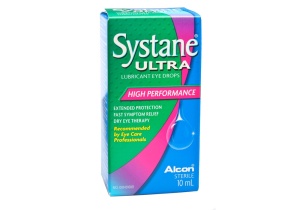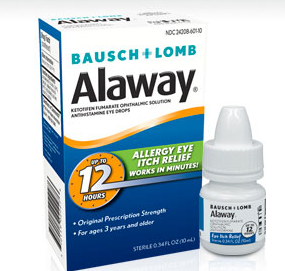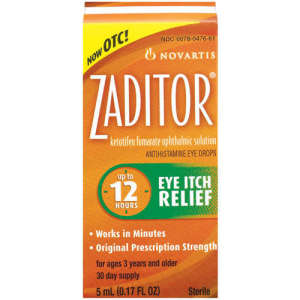Have you been to the eye drop aisle at Wal-Mart lately? I was shopping a few nights ago and decided to take a look at what my patients can expect when I recommend an OTC eye drop. I could NOT believe how many Over The Counter (OTC) drops are out there! Do you have “red itching” eyes? There are over one hundred drops to choose from! How could you possibly narrow it down?
For starters, your Optometrist should be recommending any drops that you might need for your eyes. Self-medicating red eyes may be prolonging the correct treatment or diagnosis of a potentially serious underlying condition. If you are in a pinch and need quick relief, here’s a simple way to navigate the daunting eye drop aisle:
Only Three Kinds of Drops
Despite the seemingly endless brands of OTC eye drops, they can generally be condensed into three categories.
1. “Get the Red Out”: Brands like Visine, Clear Eyes, and Opcon advertise products to “reduce redness”. You should generally AVOID these drops altogether.
These drops contain vaso-constrictive medications called Naphazoline or Tetrahydrozoline that shrink the blood vessels on the surface of your eye, making your eyes appear temporarily less red. The problem is, using these drops chronically typically causes more irritation than they prevent and when you stop taking them, they cause rebound inflammation, making your eyes appear even more red and agitated than before. They never address the underlying issue causing the redness!
Bottom Line: there are better options!
2. Artificial Tears: These are excellent eye drops to soothe dry or irritated eyes. They do not contain a medication but, rather, coat the ocular surface with protective tears. Brands like Systane, Refresh, and Blink all make excellent artifical tears. They also make night-time gels and ointments that lubricate your eye while you sleep.
Bottome Line: GREAT for dry, irritated eyes!
3. Antihistamines: Have allergies? Stick with the two best OTC allergy drops: Alaway or Zaditor. Both are used twice a day for mild allergies. But be warned: these drops have little effect against moderate to severe allergic reactions. Stronger prescription allergy drops are almost always needed in these cases.
Bottome Line: The best OTC drops for MILD eye allergies. Do not treat moderate to severe eye allergies well.
That’s it! Most of the drops out there are redundant and typically not very helpful. As always, ask your optometrist if you have any questions about which drops you should be using!
-Dr. Montgomery
Dr. Canaan Montgomery is an Optometrist in Paducah, Kentucky. As an eye doctor in Paducah, he focuses on ocular disease, pediatrics, and primary eye care.

